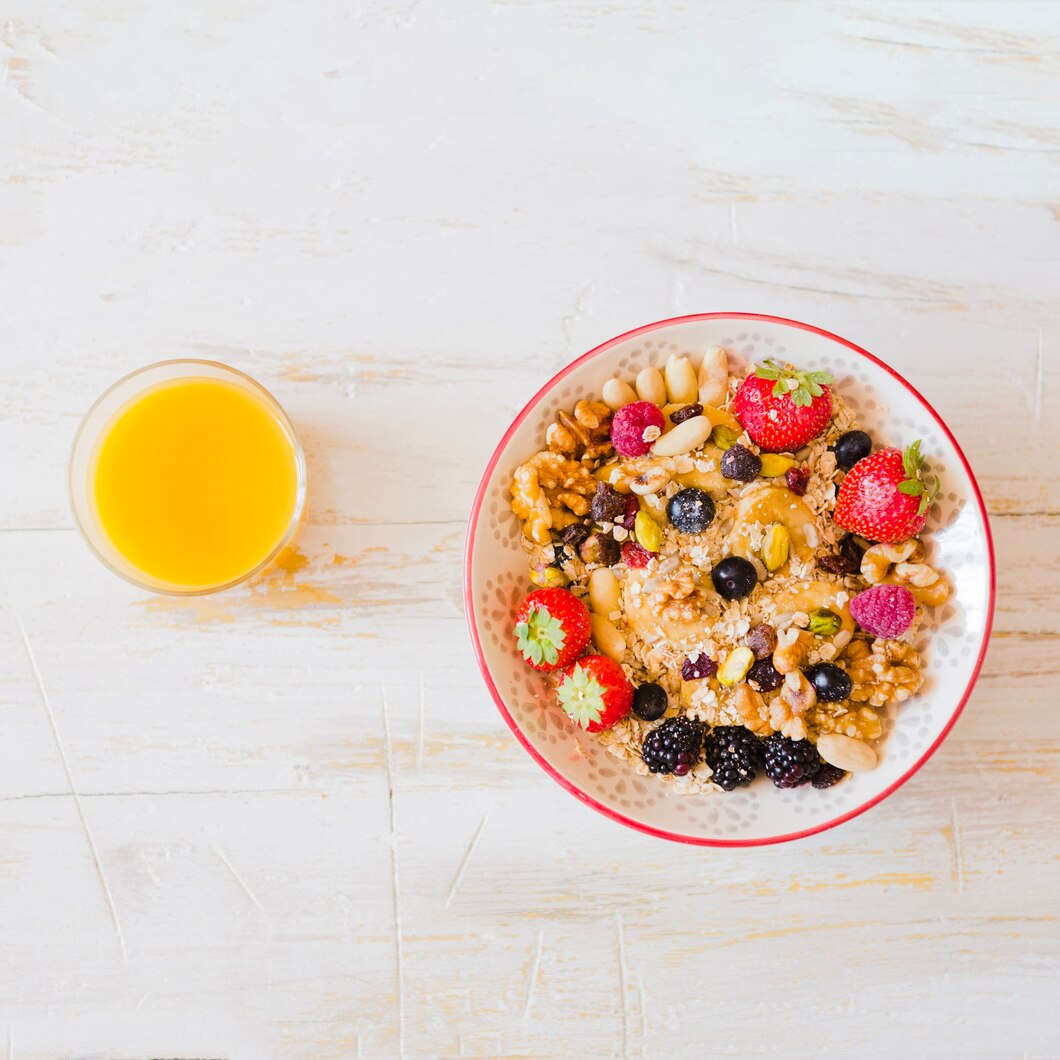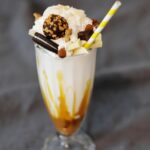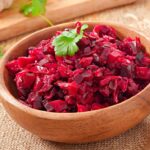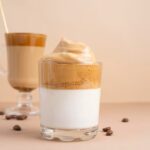While sugar is a common and necessary part of many diets, excessive consumption can lead to health problems such as obesity, diabetes, and heart disease. Surprisingly, many foods that appear healthy or are commonly consumed in South Africa are high in hidden sugars. Here are 20 such foods that South Africans should be wary of to maintain a balanced and healthy diet.
1. Flavored Yogurt
Flavored yogurts, often marketed as healthy snacks, can contain high amounts of added sugars, sometimes as much as a dessert.
2. Breakfast Cereals
Many breakfast cereals, especially those aimed at children, are loaded with sugar. Even some cereals marketed as healthy options contain significant amounts of sugar.
3. Granola Bars
While they seem like a healthy snack option, many granola bars have added sugars to enhance their taste, making them more like candy bars.
4. Fruit Juices
Fruit juices, including 100% fruit juice, contain high levels of natural sugars. When consumed in large quantities, they can contribute to excessive sugar intake.
5. Sports Drinks
Sports drinks are often high in sugar, which can be unnecessary unless you’re engaging in intense physical activity that requires quick energy replenishment.
6. Salad Dressings
Many store-bought salad dressings, particularly those labeled as “low-fat,” contain added sugars to enhance flavor.
7. Canned Fruit
Canned fruits, especially those packed in syrup, are often high in sugar. Opt for fruits packed in water or their own juice to reduce sugar intake.
8. Flavored Coffee Drinks
Specialty coffee drinks, like flavored lattes and frappuccinos, can contain a shocking amount of sugar due to flavored syrups and sweeteners.
9. Smoothies
Store-bought or commercially prepared smoothies can have added sugars from fruit juices, syrups, and sweetened yogurt.
10. Instant Oatmeal
Instant oatmeal packets, particularly flavored varieties, often contain added sugars. Choosing plain oatmeal and adding fresh fruit can be a healthier option.
11. Ketchup
Ketchup is a common condiment that contains a surprising amount of sugar. Be mindful of portion sizes or opt for reduced-sugar versions.
12. Bread
Some types of bread, especially white and whole wheat varieties, have added sugars to improve flavor and texture. Check labels for hidden sugars.
13. Dried Fruit
While dried fruit is a healthy snack in moderation, it can be high in sugar due to the concentration of natural sugars and sometimes added sweeteners.
14. Sauces and Marinades
Store-bought sauces and marinades, such as barbecue sauce and teriyaki sauce, often contain added sugars to enhance flavor.
15. Breakfast Bars
Breakfast bars, like those marketed as meal replacements or healthy snacks, can be high in sugar, making them less healthy than they appear.
16. Low-Fat Products
Many low-fat or fat-free products have added sugars to compensate for the reduced fat content, making them less healthy than full-fat versions.
17. Frozen Meals
Frozen meals, particularly those labeled as healthy or diet-friendly, can contain hidden sugars in their sauces and seasoning.
18. Nut Butters
Some nut butters, particularly flavored or reduced-fat versions, contain added sugars. Opt for natural nut butters with no added sugar.
19. Crackers
Some crackers, especially those with flavors like honey or cinnamon, contain added sugars. Check the labels to avoid unnecessary sugar intake.
20. Packaged Soups
Packaged and canned soups often have added sugars to enhance flavor, making them less healthy than homemade versions.
Being aware of the hidden sugars in commonly consumed foods can help South Africans make healthier choices and reduce their overall sugar intake. By checking labels, opting for natural and unprocessed foods, and preparing meals at home, it’s possible to enjoy a balanced diet without the excess sugar. Reducing sugar consumption is a crucial step toward better health and well-being.








